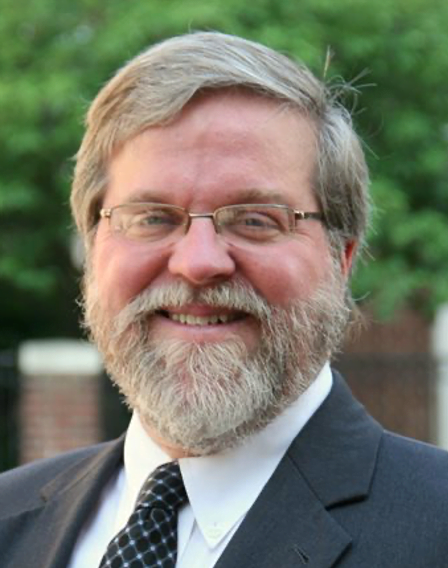
I read a wee reflection recently which made a rather poignant point: There was a day in our childhood when we hung out with our friends for the very last time, but did not know the finality of it at the time. We shared stories, and did goofy things, and assumed there would be other days just like that, but it was not to be. Human beings are like that – we overlook the obvious, sometimes out of blissful ignorance, sometimes as an act of self-preservation. In the process, the power of a moment can be lost on us.
This Advent season, we have yet to fully engage with the Christmas story (the birth narratives to give them their official title), and when we do, they will likely be filtered through our emotional memory – of childhood Christmases spent with long-gone parents and grandparents; of nativity plays in churches pastored by men who seemed so old and wise yet who were younger than we are now; of first Christmases with our children who now have children of their own. The Christmas story will be for us one of “comfort and joy,” as the old carol puts it – perhaps tinged with a wee bit of mourning for that which has been lost. Very few of us will spend time reflecting on the scandalous nature of the incarnation (God taking on flesh), nor on the radical nature of its impact on the world.
This week we encounter Mary, Mother of God, proclaiming her great hymn of praise, the Magnificat. Thus far in Luke’s account, the angel Gabriel has appeared and delivered to Mary the news that she is bearing God’s child (Luke 1:26-38) and now Mary visits her cousin Elizabeth. As Mary speaks words of greetings, Elizabeth’s child (John the Baptist) leaps in her womb, and Elizabeth proclaims that Mary is “the mother of my Lord” (vs. 43). In this single chapter, we have the complete Hail Mary (Ave Maria) as it was known to and prayed by Luther: “Hail Mary the Lord is with thee [spoken by Gabriel] blessed art thou among women and blessed is the fruit of thy womb” [spoken by Elizabeth]. It is then that Mary ‘sings’ her hymn. And what a hymn it is!
In the Magnificat, Mary’s exaltation from lowliness is described; God’s mercy is proclaimed; past and present great reversals are recited, and the ultimate fulfillment of God’s promises to Abraham are declared. And it is in the second of those three points (the central section of Mary’s hymn), that the radical nature of the incarnation begins to become apparent.
The incarnation is scandalous because the infinite (God) enters into the finite (the world); the sinless One takes on the flesh of that which is fallen/sinful; the Creator becomes a creature. (The word ‘scandal’ in this theological context means “offensive to reason” rather than as a morally wrong act.) Yet, the ‘offense’ does not end with the incarnation, it merely begins there – the radical impact of the incarnation becomes apparent in the Magnificat. (The word ‘radical’ in this context means “relating to or to affect the fundamental nature of something.”) In the Magnificat, as one scholar puts it, “God reverses human status and perceptions.” That is a textbook definition of ‘radical.’ Yet, as I stated earlier, human beings filter reality in a mode of self-preservation. If we truly accepted the radical nature of the incarnation, of the Gospel, and of the Kingdom of God, we would be forced to live a radical life – and most of us do not want that. Most of us desire a quiet life in which we neither create waves nor draw attention to ourselves – and conformity achieves that for us. Radicals stand out, because their message is one of non-conformity, and that is unsettling, to say the least. Yet, I can think of nothing more unsettling than Mary’s cry:
You [God] have shown strength with your arm and scattered the proud in their
conceit, casting down the mighty from their thrones and lifting up the lowly. You
have filled the hungry with good things and sent the rich away empty (51-53).
How radical this message is can be gauged by the multiple times in history in which this message has been banned because of its subversive nature: by the British in their colonization of India; by the government of Guatemala in the 1980s; and by the junta in Argentina when the Mothers of the Plaza de Mayo used its message as they sought news of their ‘disappeared’ children. It seems that the world may reject the Gospel’s powerful message; but the powerless, the lost, and the suffering find hope and life in it. (The same is true of those caught up in the abomination of slavery, who found hope in the story of the Exodus; and of refugees who find hope in the account of the Holy Family’s flight to Egypt to escape Herod’s slaughter of the innocents.)
If, after the birth of the Christ Child, we believe that the world can never be the same again, how can we continue to live as if nothing has changed? As Lutherans, with the cry semper reformanda (always reforming) ringing in our ears and our hearts, how can we resist the God who is always reforming us? And when did we lose sight of the radicalism of Mary and her revolutionary song?


